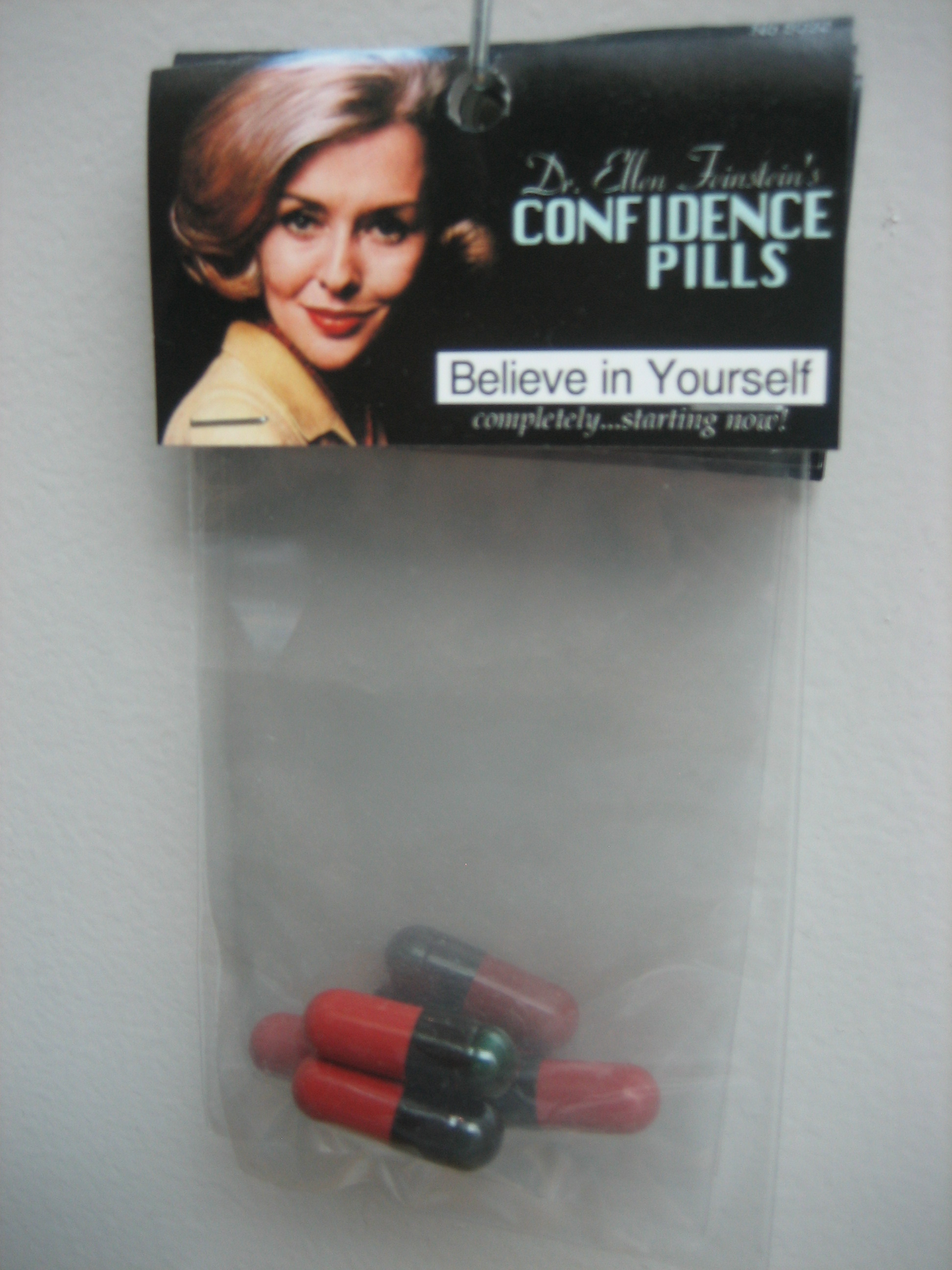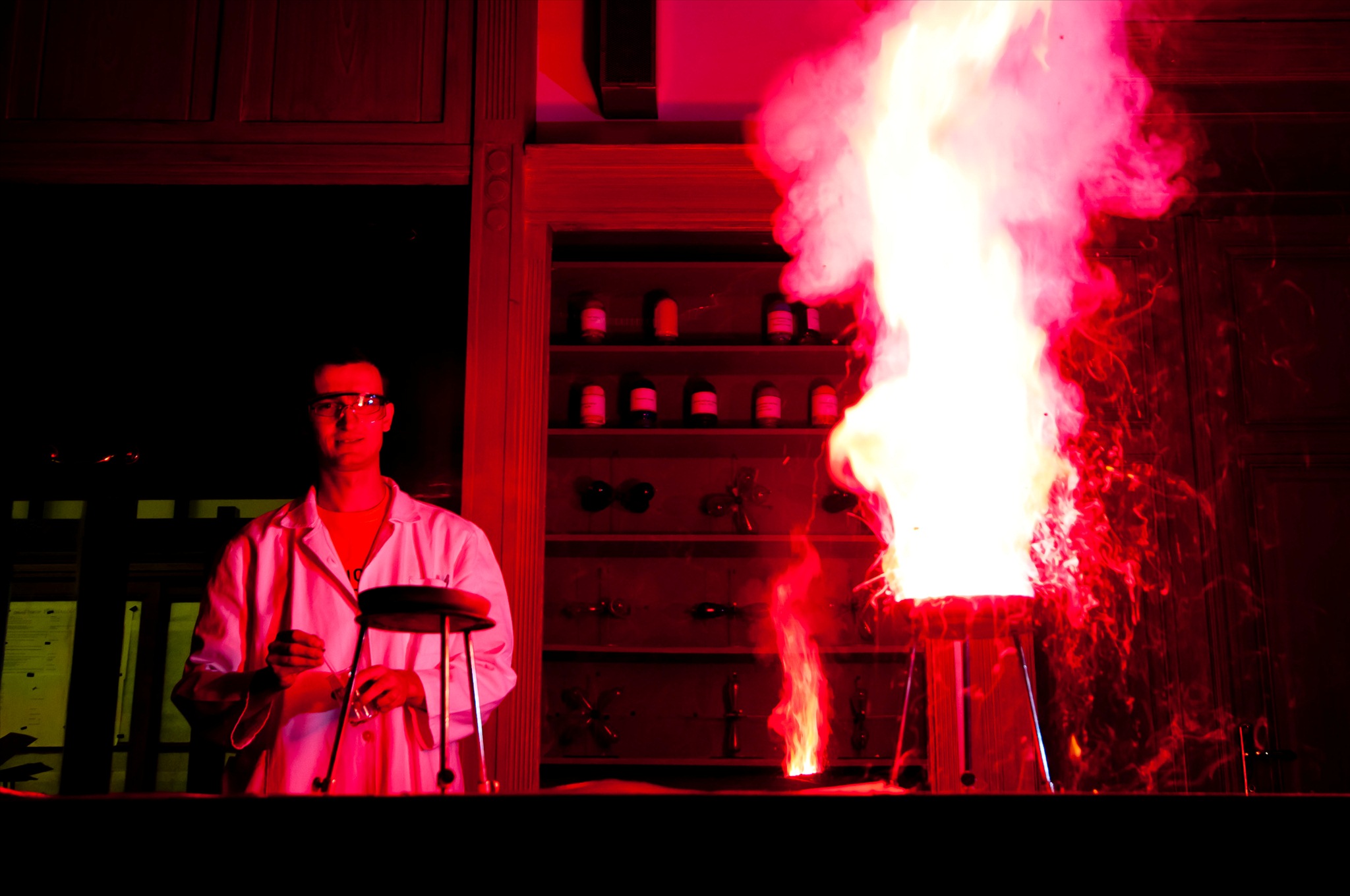Why Do We Pretend To Know The Answers?
Below are a few words that can help you to think smarter and to make a huge impact in the world. I share some highlights from a New Freakonomics1 podcast.
The hardest three words in the English language are “I don’t know,” according to Stephen Dubner and Steve Levitt, authors of Freakonomics: A Rogue Economist Explores the Hidden Side of Everything, and their newest book: Think Like a Freak: How to Think Smarter about Almost Everything.
The majority of people pretend to know the answer to unanswerable questions.
Why? We don’t generally win points for saying “I don’t know”. For instance, it’s not a good idea to say “I don’t know” in a job interview.
But, simply saying “I don’t know” isn’t a solution. Its only a first step.
When you care about the outcome and about discovering the truth, saying “I don’t know” is crucial.
The only way to begin to discover knowledge is by getting feedback. Feedback comes in many forms:
- Asking lots of questions;
- Gathering much data;
- Generating data yourself, when there isn’t any data currently available. How? By running experiments.
Fall In Love With Experiments: Admit You Don’t Have The “Right” Answer
If you want to know the truth or get reliable knowledge about reality you need to fall in love experiments. Scientists have been doing experiments for centuries. So why are people so averse to experimentation? You have to start from the premise that you don’t know, that you don’t have the “right” answer. Pretending to know the answers causes us to waste time, money, and energy on unreliable ideas and pursuits.
A multinational retailer didn’t want to admit they didn’t know. This retailers’ “knowing”, or confidence without evidence, ended up costing them 100s of millions of dollars every year on TV ads, said Levitt, who consulted the firm. They were convinced more sales resulted by buying expensive TV ads during Thanksgiving and Winter Holidays. But, after running experiments and gathering data Levitt demonstrated that sales during the holidays would be the same with or without the TV ads. The retailer was able to save 100s of millions of dollars annually, by paying someone, Levitt, to say “I don’t know”. They could’ve said that themselves.
Let’s say “I don’t know” more often. We are all at risk of losing time, money, or our humanity when we assume we “know” with certainty. Why are we often pretending to know something we don’t know?
Pretending To Know Things We Don’t Can Be Harmful
Pretending to know things we don’t know can actually be harmful. Pretending to know someone can be healed by faith could prevent them from getting proper medical care. Pretending to know a Rapture will come, and to know our souls will go to heaven, can stop us from trying to make this Planet a better place here and now. Having confidence without evidence, pretending to know, usually stops us from asking further questions and from gathering data that could give us the knowledge and ability we need to solve our problems.
Say “I Don’t Know” More Often: Make It Your Experiment
To be able to say “I don’t know” is a sign of wisdom and humility. Socrates is supposed to have said, “The only true wisdom is in knowing you know nothing”. Admitting “I don’t know” opens up possibilities for discovery, growth, and hope grounded in reality. Claiming “I know” or I have “confidence” without reliable data or experiments, shuts the door to finding reliable knowledge. Wouldn’t you rather discover reliable knowledge? Or, do you prefer to live in a make-believe world of imagination? I say let’s do our homework, our research, and run our experiments. Let’s say “I don’t know” more often.
What say you? Will you join me? “I don’t know”, you say. Good start. Now let’s experiment, gather the data and see what happens next.
Works Cited
1Listen to podcast The Three Hardest Words in the English Language: A New Freakonomics Radio Podcast


